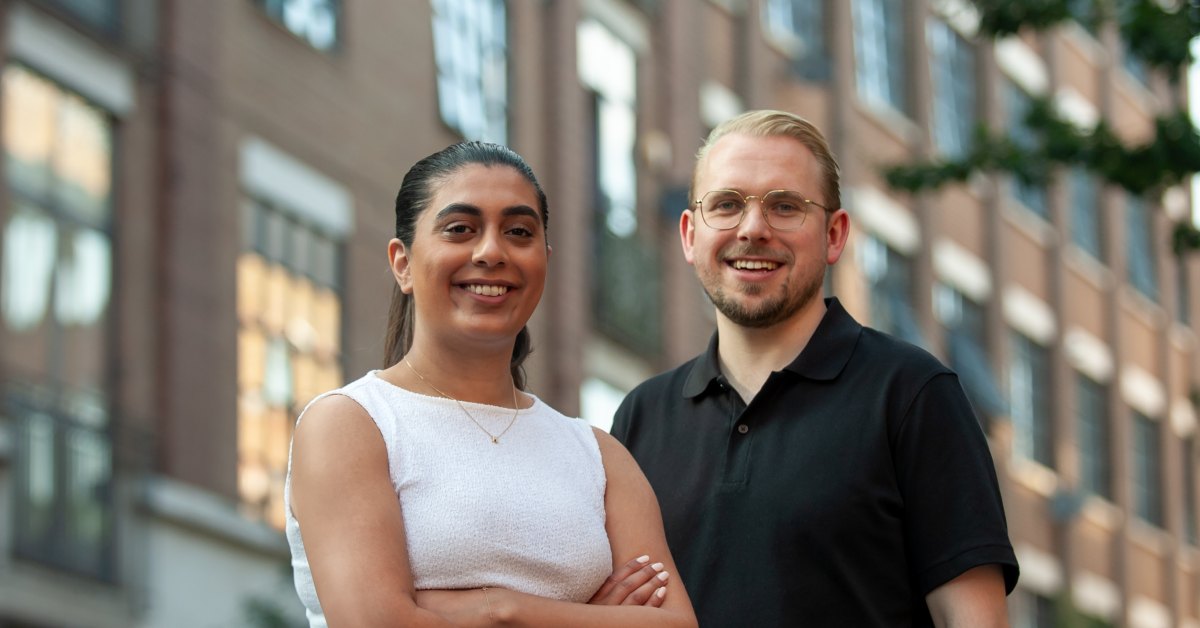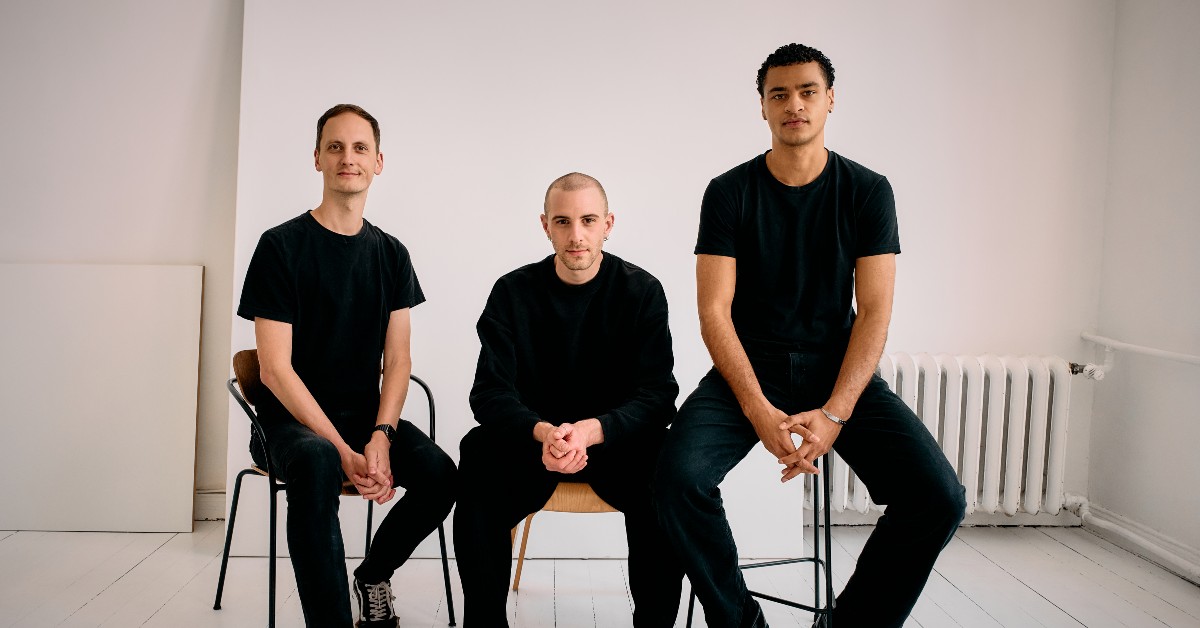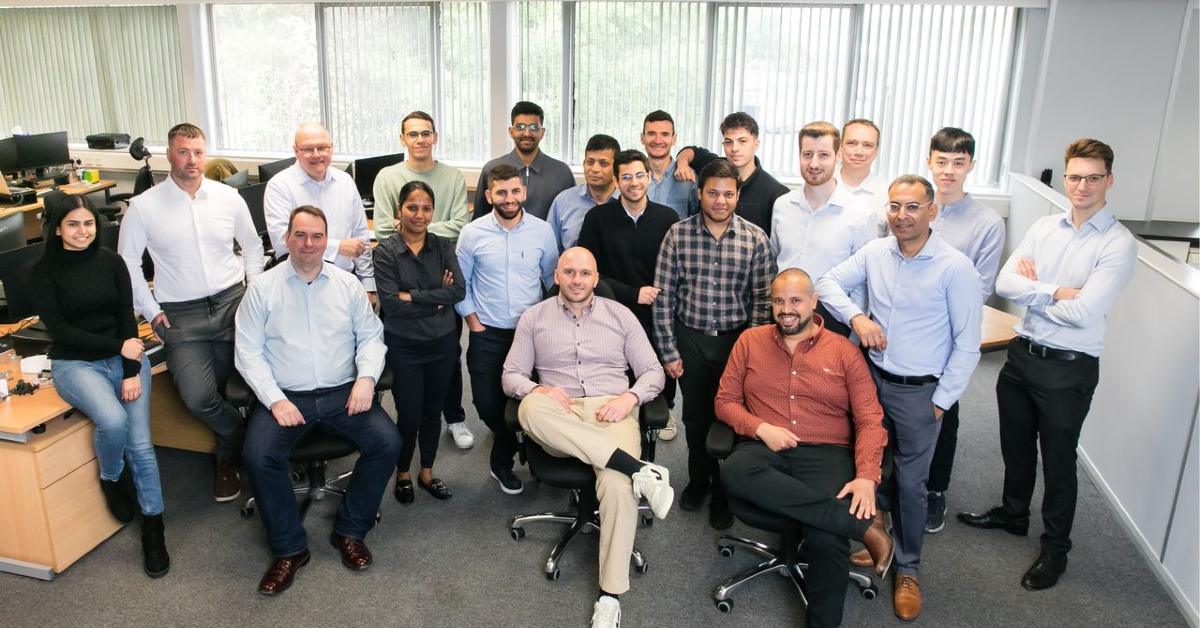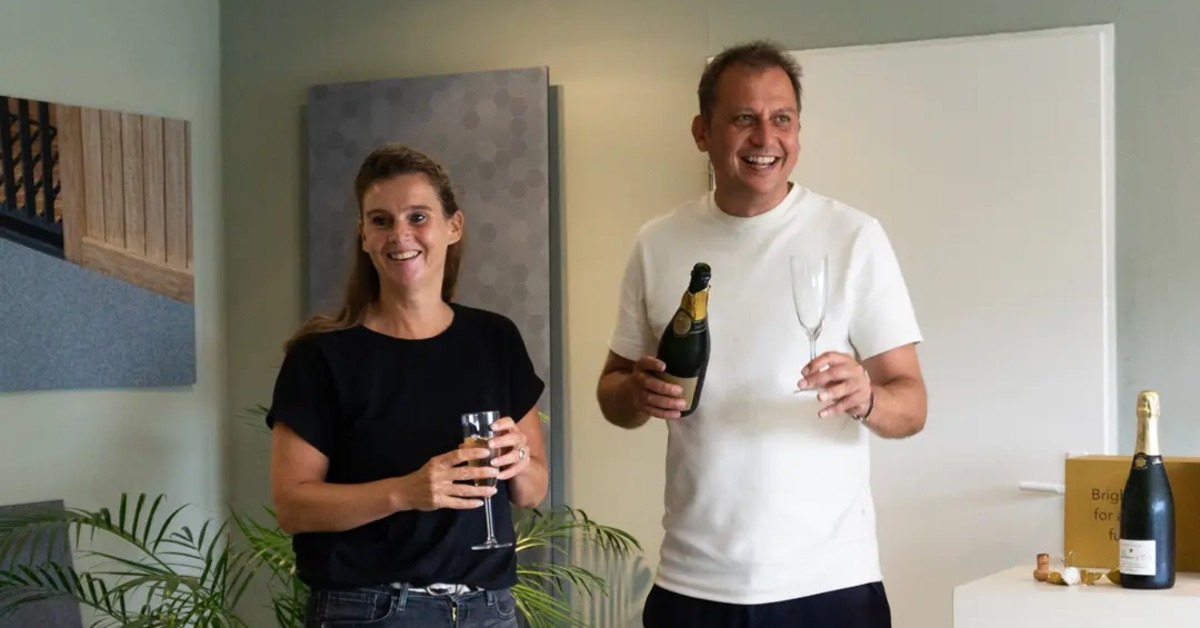The advertising industry has long been criticised for its lack of diversity. From the people who create ads to the people who appear in them, the industry has been slow to catch up with the times.
But in recent years, there’s been a push for change. More and more companies are beginning to see the value in having a diverse team that can create advertising that appeals to a wide range of people.
Many young people from diverse backgrounds are now choosing to enter the field of advertising because they see it as an opportunity to make a real difference.
Meet Leroy Niemel and Angelo Bromet, the founders of AMARU. This Amsterdam-based creative agency aims to make the advertising industry more inclusive and bridge the talent gap in underrepresented groups.
AMARU comes from an agency group called Ace. The platform helps brands to remain relevant in the rapidly changing world. Ace has offices in Amsterdam, Rotterdam, Utrecht and employs 320 people.
Silicon Canals reached out to Leroy Niemel, co-founder and Managing Director at AMARU, to learn more about their mission, challenges, and plans.
AMARU’s origin
The name AMARU has multiple layers, as Niemel explains. First, it refers back to Inca mythology. Second, it is the middle name of Tupac Amaru Shakur – one of the most influential rappers and poets who used his platform to speak out about inequality and injustice.
“To us, AMARU stands for transcending boundaries and enriching perspectives,” he shares
Talking about the thought process behind AMARU, Niemel says, “At the centre of the process behind AMARU was the idea that outside perspectives can positively affect and influence the creative process. AMARU is an example of how we can bring about positive change in a post-pandemic world, where we’ve seen BLM, LGBTQ+, and environmental movements exposing the great societal challenges we collectively have.”
“The idea started with one conversation between three people and quickly was turned into a business idea, and not much later was funded, and we brought it to life,” he adds.
Challenges
Starting a business from scratch can pose various exciting challenges and bring potential learning opportunities.
Niemel says, “You can’t avoid challenges. That’s a simple fact. However, when you operate from a purpose and with a clear vision, challenges are opportunities to sharpen your tools and continue the mission. One of the major challenges we face is providing opportunities for all the talent that applies. That’s quite a privilege and a sign that we were doing something many people want to be part of.”
DE&I and Cultural viewpoints
DE&I (Diversity, Equality, and Inclusion) is nothing more than a facade in many cases, Niemel said when we asked about AMARU’s efforts to bring DE&I into the advertising industry.
“We’re aiming to change how we look at and value different perspectives,” remarks Niemel.
“Let’s be honest, in our Western society, there’s one dominant perspective, and power structures are in place. So to bring DE&I into the workplace, you must commit to actions that create structural change. We aim to enrich that industry with different cultural and creative perspectives.”
Throwing light on the market’s current condition, he says, “The current market conditions are full of opportunities as we see significant shifts in consumer behaviour, led by technological and cultural innovations.”
Awareness of different cultures in the workplace can help foster a more inclusive environment for everyone. Niemel defines AMARU as a cultural intelligence agency that thrives at the crossroads of culture, communication, and community.
Explaining AMARU’s cultural ethos, he says, “We force ourselves to be tapped into what happens in culture, and we’re open to learning from other perspectives. We actively work to make this an integral part of everything we do. It has already started with our selection process, incorporated into our company values, lunches, events, and whatnot! Adding value by adding perspectives for us means we value all cultures and try to learn from them.”
Harnessing talents
AMARU identifies, trains, and offers talents the opportunity to work on creative projects for various clients in Ace agencies for a year.
Talking about the selection process, Niemel shares, “We look at skillset, ambition, and personality. For us, it’s important to learn where someone is from, what drives them and where they see themselves going.”
Additionally, the agency closely monitors progress and has regular check-ins with the team to ensure the talents are motivated, on track, and reaching their goals.
“If we sense something is off, we speak about it with each other so that we can address the issue and come up with a solution together,” he adds.
AMARU trains talents through a process called “Reciprocative Learning.” It is a style of learning that occurs between two or more people working together to complete a task.
Reciprocative training is often used in situations where traditional methods of instruction are not possible or practical. It focuses on the learning process rather than the outcome, emphasising collaboration and cooperation between the participants.
“We believe each perspective holds value, and that’s how we approach our learning process. We train by giving a lot of trust and room for experimentation while creating actual work. So, for example, we provide industry insights and work on exercise briefs where we simulate the real process and challenge our team,” Niemel adds.
Combating DE&I with AI
“If you look at documentaries like Code Bias, it’s evident that AI also has a long way to go. Yes, AI can be used as a force for positive change, but it’s essential that throughout the whole process of development, different cultural perspectives should be involved to prevent certain biases from becoming part of the AI. With everything, we have to look at the world from an intersectional perspective. In each room, on each creative table, all views and experiences need to be represented and valued by the same metrics,” Niemel adds.










01
From telecom veteran to Dutch Startup Visa success: The Jignesh Dave story